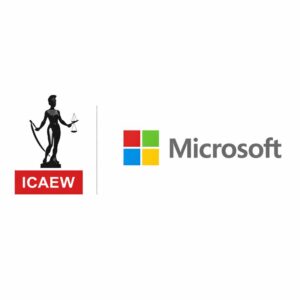Accountants Face Imperative to Embrace Technology Amid Industry Disruption

The accounting profession finds itself at a critical juncture as rapid technological advances reshape the landscape. Automation, artificial intelligence, and cloud computing are no longer supplementary tools but fundamental to the role of modern accountants. Firms and individuals that fail to acquire the necessary digital skills risk obsolescence.
Automation is Reshaping Routine Accounting Work
Repetitive manual tasks that once consumed significant time are increasingly managed by intelligent software. These tasks include data entry, invoice processing, and bank reconciliation. Industry data indicates that nearly 80% of organisations have adopted robotic process automation. Many also plan to implement it. This underscores the scale of this transformation. The automation of these functions allows accountants to redirect their focus towards strategic analysis and business advisory roles.
Cloud Platforms Enable Real-Time Collaboration
Cloud accounting platforms like Xero and QuickBooks Online have changed how we see financial data. They provide unprecedented real-time access. This access enables enhanced collaboration between accountants and their clients. The global public cloud services market is forecast to approach $680 billion in 2024, reflecting broad uptake across sectors. For accounting professionals, mastery of cloud security protocols and regulatory compliance measures has become indispensable.
Data Analytics Transform the Role of Accountants
Advanced data analytics powered by AI is redefining the profession further. According to recent surveys, many leading companies now use generative AI tools. They do this to improve operational efficiency. They also aim to uncover business insights. Accountants who harness these technologies are at an advantage. They can better identify financial risks and growth opportunities. As a result, they transition from traditional number crunchers to strategic advisers.
Bridging the Digital Skills Gap
Nevertheless, a significant digital skills gap persists within the profession. Although AI adoption is widespread, many accountants report insufficient training to fully exploit these technologies. Firms investing in targeted AI education report productivity improvements exceeding 20%, highlighting the value of continuous professional development.
Technology is Essential for Compliance and Risk Management
The increasing complexity of tax regulations and compliance requirements further amplifies the need for technological proficiency. Industry research shows that only a minority of tax departments effectively utilise digital tools. This deficiency in digital monitoring exposes businesses to potential risks. Accountants equipped with up-to-date technology are essential in mitigating such vulnerabilities.
Looking Ahead
Accountants who invest in developing their technology skills will strengthen their value and become vital partners to businesses. By embracing digital tools, they will provide better insights and support strategic decision-making. In contrast, those who resist adapting to new technologies will risk losing relevance. They will struggle to compete in an industry that is rapidly evolving. Staying current with technology will no longer be optional but essential for long-term success.





